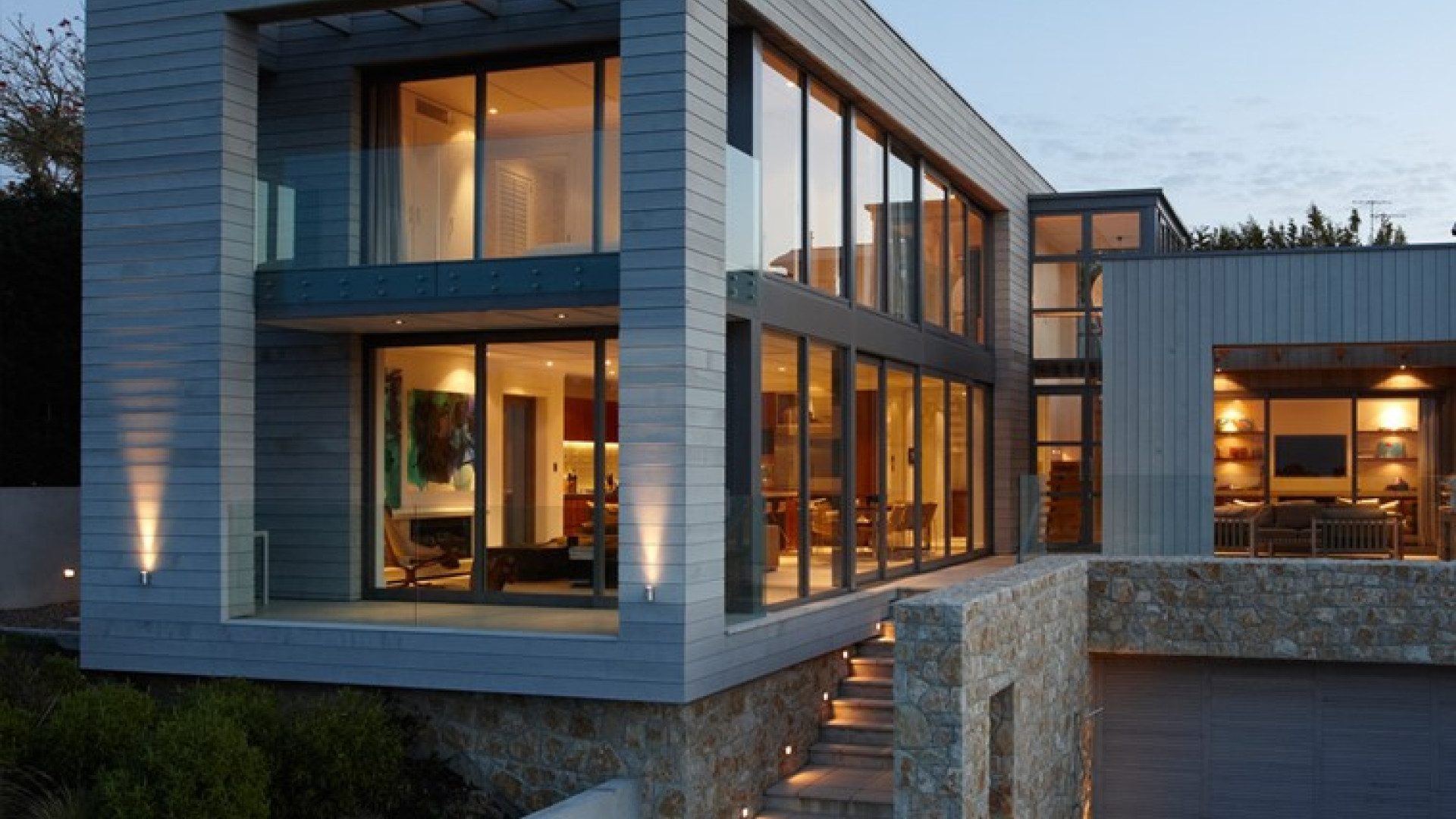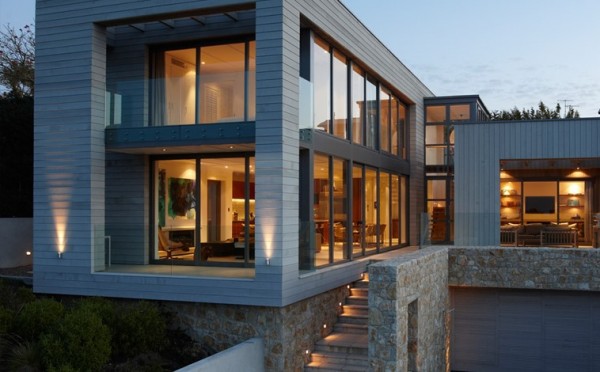Hinged Doors
Windows
Complementary
Hit enter to search or ESC to close
Top tips and ideas for window and door aesthetics

House windows and doors play an incredibly important roll in both style and comfort, making the choice of windows and doors design aesthetic vital for your future comfort. Pick right and you'll have a sunlit, warm and comfortable home that you'll love to live in. Pick wrong and you could face renovations down the track.
So how do you choose the right windows and doors for a new home? Check out these tips.
Windows and doors are highly customisable in terms of size, style, shape and colour.
1. Overall visual aesthetic
We'll talk about the practical needs of windows and doors soon, but let's first start with looks. In the Altus Windows range you can choose from a variety of windows and doors styles, including sliding doors, French, bifold and stackers, each with many features such as low profiles and flush sills.
The main thing you need to know about choosing a design is that, largely, each product can generally be tweaked to your needs. While different types of product do play different roles in the home, from an aesthetic perspective it's going to be a largely subjective decision on your part.
Four windows and door design tips
- Your home's overall theme: What architectural theme have you gone with? Look on our Showcase page for homes with the same theme to see what works well, then talk to your Altus Windows Systems Supplier to match it.
- Size does matter: If you've got a seaside or cliff top view, tiny windows are probably inappropriate, but small casement windows work well for creating privacy in, say, a bathroom.
- Required colour: Window frames and glass panes can be coloured and tinted to suit your preferences. The range is huge, so talk to your Altus Windows Systems Fabricator about your choices.
- Window/door material: Windows and doors come in varieties of aluminium, wood and other materials - you'll want to research each to understand how they impact product performance, as well as visual aesthetic. Altus Window Systems are fabricated in aluminium because it's strong, long-lasting, looks modern and is easy to maintain.

Windows can be highly customised to suit your preferred design aesthetic.
2. The purpose of your windows and doors
You need to think about what your windows and doors must actually do for you, so they fit perfectly into that function. Here's some more detail to consider:
Four tips for determining windows and doors function
- Light: Windows and doors are your main sources of natural light in the home and if used correctly, could save you on electricity costs over time - for instance, the more natural light streaming into your home, the less you'll need to turn on lamps.
- Ventilation: Air flow in the form of good ventilation is key to fighting condensation and musty air. It also provides passive cooling in summer, saving on air conditioning costs. When you're picking windows, consider styles that are operable (see below) or designed in some way to allow for passive ventilation, such as trickle vents.
- Insulation: Good-quality insulation is your means to prevent hot air from escaping your home and driving up your heating bill in winter. Windows and doors that are double or triple glazed, have low-E film coatings, Argon gas fillings or other such insulating properties are going to be better for your home.
- Operability: Operability is the term used to describe whether a product can be opened or not, and how easy it is to use that window or door. There are three major considerations to think about regarding operability: Ventilation (can it be used to create air flow), weight (is it light enough to operate) and wind (will it slam shut during high winds).
3. Your home's environment
The environment plays a major role in how effective your windows and doors are going to be in their purpose, and whether your preferred aesthetic style is going to work well or not. But how?
Four tips for determining placement for your windows and doors
- Sunlight: Due to the movement of the sun each day, your north side will get a lot of light during the day if exposed. The east and west sides of your house will get some morning and afternoon sun respectively. Large windows and doors will let this light in, but it could mean your home overheats if the heat can't escape in summer. Ventilation is one way to help maintain a consistent temperature, as is using thermally broken frames, low-E coated glass, and sufficient eave cover, screens or louvres for shading.
- Wind: Your wind zone and prevailing wind direction will need to be identified. This will determine how gusts will impact your home and may determine whether certain doors must be sliding rather than hinged. Look for glass that can withstand your local conditions with frames designed to account for horizontal forces (like rain coming in sideways).
- Views or privacy: If you have a good view, you should try hard to frame it with the right window or door design. This might mean larger glass and fewer mullions, so the view is unobstructed. Alternatively, if you want privacy, the reverse is true. It is worth considering how the window or door will look both open and closed.
- Other environmental conditions: Other environmental conditions will impact your windows and doors in unique ways. For example, coastal homes must factor salt spray and its effect on the glass and the frame - some materials will be harder to maintain in these conditions. Humid areas create an increase in air moisture (which leads to mould growth), while cold areas have freezing temperatures. In these cases, the size of your windows, the operability and the insulation will all need to be considered against the environment.
Choose Altus Window Systems today
Before coming to any decisions on your windows and doors, it's best to talk to a professional. With the right advice, you'll be choosing products that are perfectly suited to your preferred visual taste, and that also perform well in New Zealand conditions.
To speak with a member of our team, contact us today.













